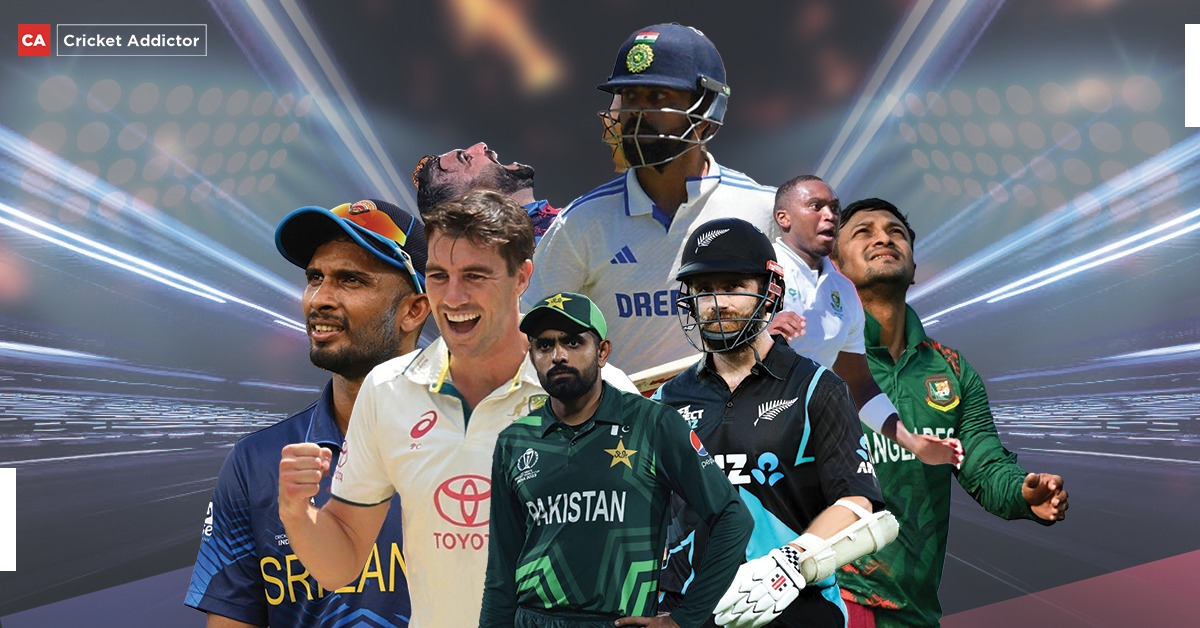Smriti Mandhana Can Hit Double-century In ODI: Poonam Yadav
Published - 23 Mar 2020, 02:43 PM | Updated - 03 Sep 2025, 03:24 PM

India women team’s spinner Poonam Yadav has revealed the Indian player’s name who she thinks can hit a double-century in women’s one-day internationals. A double century in men’s ODIs is common now after Sachin Tendulkar scored the first one in 2010.
Since then, the likes of Virender Sehwag, Rohit Sharma, Chris Gayle, Martin Guptill and Fakhar Zaman have scored double centuries in the 50-over format. In fact, Rohit Sharma has scored as many as three double centuries in the 50-over format. He also holds the record for the highest ODI score for his monumental knock of 264.
As far as women’s ODIs are concerned, there have been two double centuries so far. New Zealand’s Amelia Kerr and Australia’s Belinda Clark have breached the 200-run mark in Women’s ODIs. Kerr holds the record for the highest score after scoring 232* against Ireland. On the other hand, Clark scored 229* against Denmark.
From India, Deepti Sharma holds the record for the highest score. She scored 188 against Ireland in 2017. Only time will tell who becomes the first Indian to score a double-century in women’s ODIs but Poonam Yadav feels that from the current women’s team Smriti Mandhana can do so,
A Twitter user on Sunday asked Yadav: “#AskPY @poonam_yadav24 whom do u think can hit a double ton in ODI from women in blue?”
Replying to the question, Poonam Yadav wrote: “I think @mandhana_smriti. What do you think?”
Later, when a user asked her to name the “toughest batter you have bowled so far,” the spinner replied: “Hands down – Sophie Devine.”
Poonam Yadav recently impressed in the T20 World Cup, helping India make it to the final where they lost to hosts Australia by 85 runs. Poonam Yadav managed to take ten wickets including a four-wicket haul against hosts Australia in the opening match of the tournament. She was the only Indian player to feature in the Women’s T20 World Cup team of the tournament, which was announced by the International Cricket Council (ICC) after the premier tournament.
Also Read: We Have Full Confidence In Misbah-Ul-Haq: Wasim Khan
Also Read: BCB Approaches Abdur Razzak For National Selector’s Role
About the Author

This author is a member of Cricketaddictor who writes news and analysis related to cricket.












